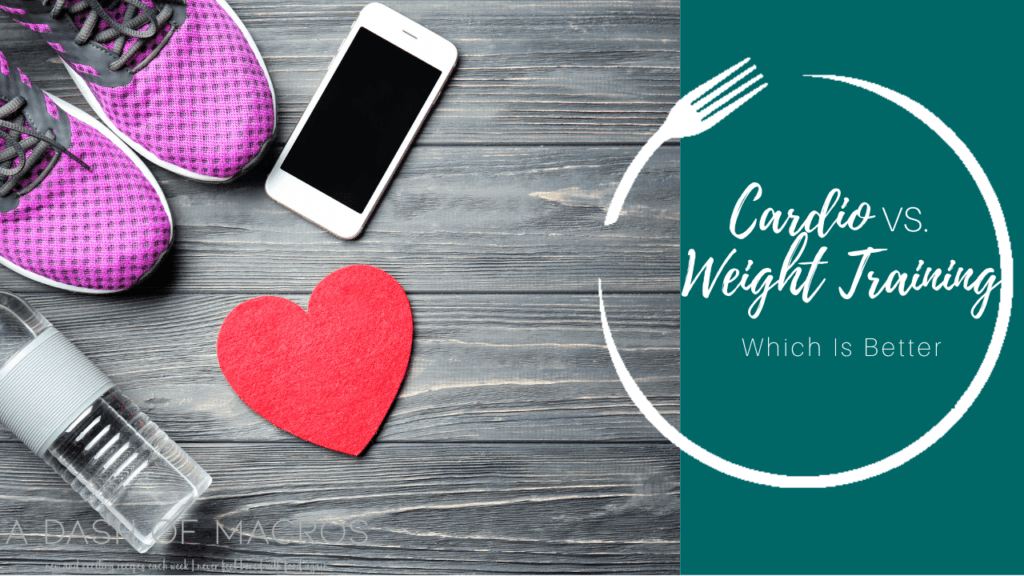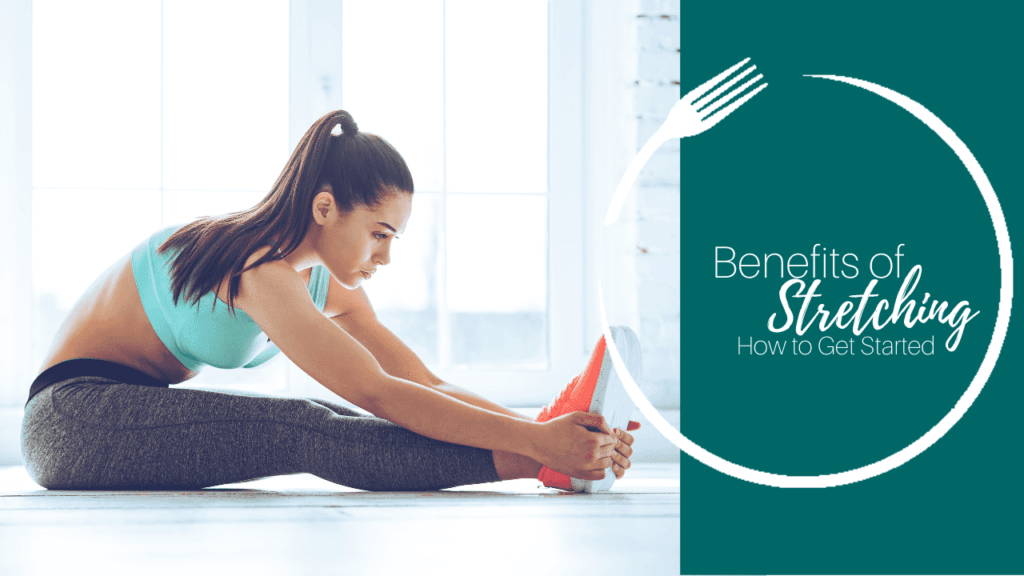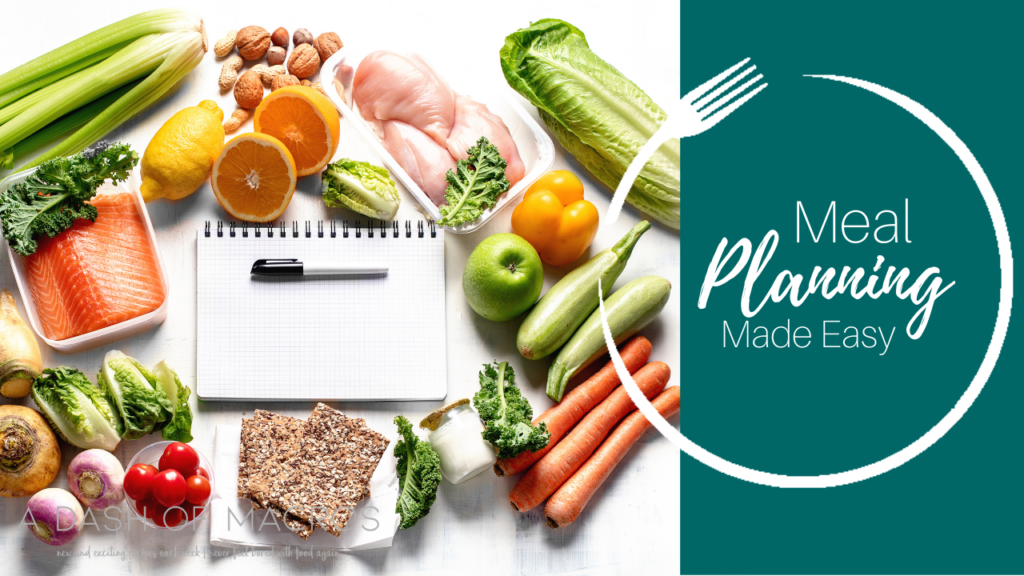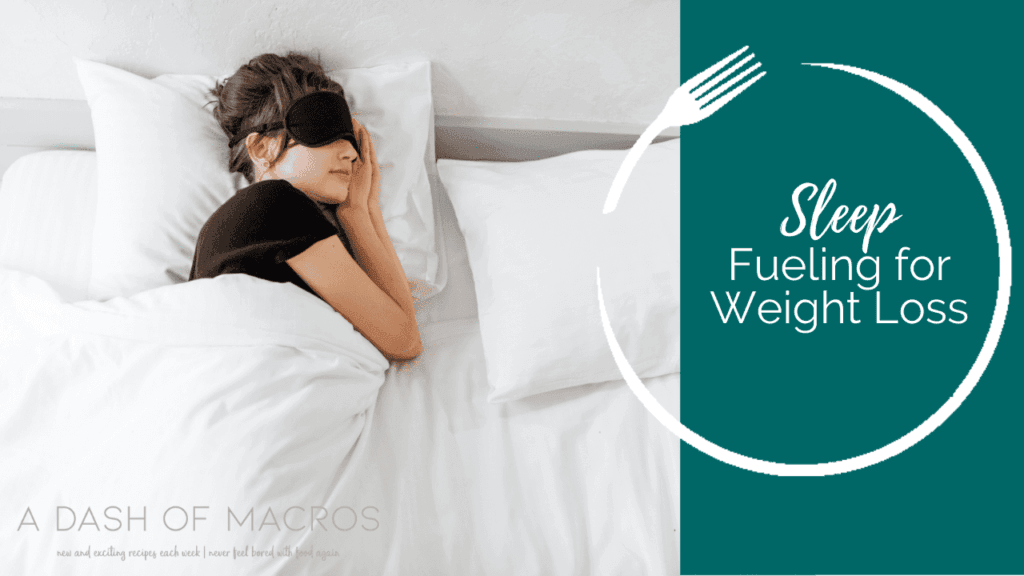How to Create a Good Relationship with Food
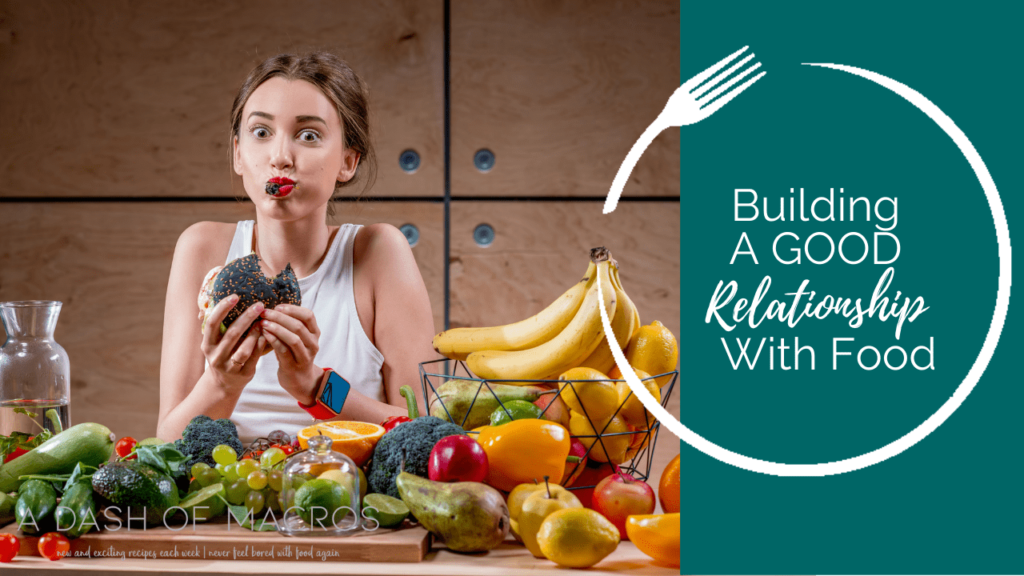

Building a good relationship with food isn’t something that can be done overnight. Especially if we have tried countless times to follow any of the fad diets on the market. Almost every fad diet labels foods “good” or “bad”. Therefore, removing those feelings of guilt when eating a so-called “bad” food is going to take time.
Improving your relationship with food means giving yourself permission to enjoy the foods that you love, that make you happy, and feel good. But also understanding that to live a healthy lifestyle while having a good relationship with food doesn’t mean eating 15 cupcakes in one day because they make you feel good.
What Is Your Relationship With Food?
In order to build a good relationship with food, you must first understand your current relationship with food.
Signs Of A Bad Relationship With Food Are:
- You have bounced from one fad diet to the next
- Constantly Yo-Yo dieting, losing the weight and putting it back on again and again
- Feel guilty when you eat the so-called “Bad Food”
- The number on the scale affects your mood and self-esteem
- You find yourself thinking about food most of the time
- You restrict yourself from foods you love because they are labeled bad
- Find yourself binge eating food
- You allow calorie counters and apps to dictate when you are done eating, rather than listening to your body
- Follow rigid rules about food: specific time of eating, what you can and can not eat, and the exact amount you can eat.
- You ignore your body’s natural hunger cues
- Find yourself feeling overwhelmed, stressed, or anxious eating in social gatherings wondering what others might think
- Have ever made yourself sick after eating
Experiencing any of the above, are signs that you could improve your relationship with food. A good relationship with food is a positive experience, one without negativity, guilt, or stress.
Signs Of A Good Relationship With Food Are:
- No restriction of food, nothing is off-limits
- You give yourself permission to enjoy the foods that you love, that make you feel good
- You enjoy all foods in moderation
- Food that you choose to eat are the foods that make you feel your best
- Listen to your body’s natural hunger cues, and eat when you’re hungry, and stop when you’re full
- Eating is flexible in terms of timing and variety
- You do not obsess over the number on the scale, you might not even own a scale
- You understand that you are not defined by the foods you eat, and you don’t let others opinions dictate your food choices
- Calories or macros are not the end all be all. If you find yourself hungry you allow yourself to eat more
- Eating is enjoyable, full of textures, flavors, and recipes you love
- Eating requires some planning and forethought but food does not pre-occupy the majority of your thoughts.
Many people struggle with building a good relationship with food. Look at this list, what is one thing that you can change and try to work on. Working towards one goal at a time will make building a good relationship with food easier, enjoyable, and less stressful.

How To Start Building A Good Relationship With Food
We all know that you can’t just hope that your relationships will change. We have to work on our relationship with food in the same way we have to work on other personal relationships in our lives.
So What Does That Work Look Like? Here Are A Few Things You Can Do To Improve Your Relationship With Food:
1. Permission To Eat
No rules around when you can and can’t eat. Eat when you are hungry. If you find yourself wondering “Am I hungry or just bored?” Start by drinking a 6-8oz glass of water. Then if you are still hungry you’ll know for sure that you need to eat.
2. Mindful Eating
Eating free of distraction, enjoy the moment of eating. No phones, TV, or book. Just you and your food.
This will also help you listen to your body, feel your fullness, and know when to stop. Rather than being distracted and just continuing to shovel food in your mouth until your plate is clear.
It will also help you better understand your food choices. Are you eating because you’re bored, truly hungry, or starving.
You will also be able to feel how those food choices make you feel. Are you eating just to eat and fuel your body, or are you eating foods that you actually enjoy eating?
3. Think About Your Food While Your Eating
- What does it smell like
- Do you enjoy the texture
- Is it satisfying your craving
- What flavors can you pick out
4. Enjoy All Foods And Welcome Them Onto Your Plate
Labeling foods as bad and restricting them from your diet is giving your food the power. Take the power back. If you want a piece of chocolate, enjoy that piece of chocolate!
Research has shown that by depriving yourself of the foods you are craving you will only find yourself trying to substitute with other foods but never feeling satisfied.
When you allow yourself to have that chocolate, ice cream, cake, or bread that you are craving and once thought was bad, you might find that you actually don’t crave it as often. It’s a phenomenon called habituation. The greater exposure you have to food or flavor, the less interesting and appealing it becomes. Back to that old saying “You want what you can’t have”. Therefore, you might think you are craving a piece of chocolate cake all the time, but when you start letting yourself have it, you might find it isn’t as appealing as often.
5. Learn How To Properly Fuel Your Body With Foods You Love
Sometimes education around food is necessary. I provide a ton of helpful Nutritional Education within the member’s group, if you are interested in learning more about becoming a monthly member please click here. But you might want to look for professional help, like hiring a nutritionist or dietitian. However, a nutritionist or dietitian can be pretty expensive.
Summary
Your relationship with food is personal, special, and can be difficult. Learning how to simply listen to your body can take time. Give yourself permission to enjoy the food you love.
Learning how to live a healthy lifestyle, enjoying your food, and fueling your body can be scary and difficult, but is completely worth it in the long run!

Looking for other Nutritional Education similar to this? Check out these:
• You have bounced from one fad diet to the next
• Constantly Yo-Yo dieting, losing the weight and putting it back on again and again
• Feel guilty when you eat the so-called “Bad Food”
• The number on the scale affects your mood and self-esteem
• You find yourself thinking about food most of the time
• You restrict yourself from foods you love because they are labeled bad
• Find yourself binge eating food
• You allow calorie counters and apps to dictate when you are done eating, rather than listening to your body
• Follow rigid rules about food: specific time of eating, what you can and can not eat, and the exact amount you can eat.
• You ignore your body’s natural hunger cues
• Find yourself feeling overwhelmed, stressed, or anxious eating in social gatherings wondering what others might think
• Have ever made yourself sick after eating
• No restriction of food, nothing is off-limits
• You give yourself permission to enjoy the foods that you love, that make you feel good
• You enjoy all foods in moderation
• Food that you choose to eat are the foods that make you feel your best
• Listen to your body’s natural hunger cues, and eat when you’re hungry, and stop when you’re full
• Eating is flexible in terms of timing and variety
• You do not obsess over the number on the scale, you might not even own a scale
• You understand that you are not defined by the foods you eat, and you don’t let others opinions dictate your food choices
• Calories or macros are not the end all be all. If you find yourself hungry you allow yourself to eat more
• Eating is enjoyable, full of textures, flavors, and recipes you love
• Eating requires some planning and forethought but food does not pre-occupy the majority of your thoughts.
• Give yourself permission to eat
• Practice mindful eating
• Think about your food while your eating
• Enjoy all food and welcome them to your plate
• Learn how to properly fuel your body without restriction
